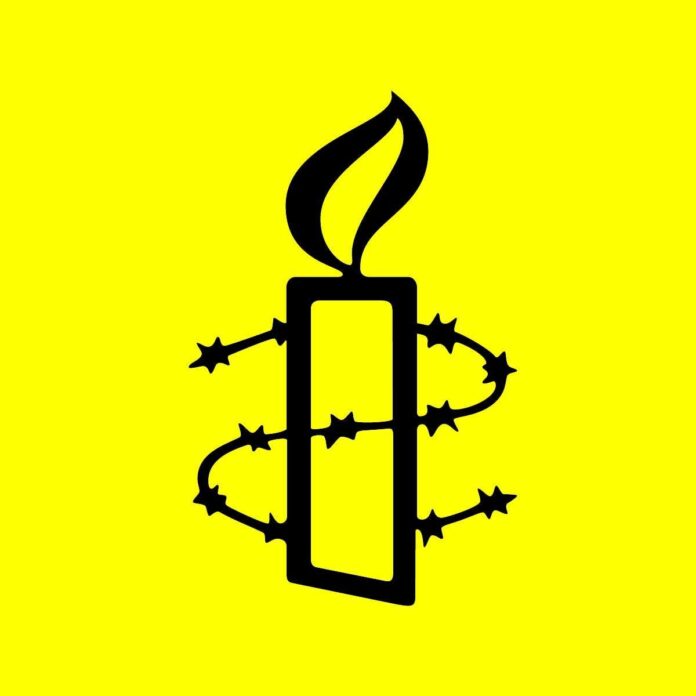Amnesty International Philippines has expressed concern over the country’s worsening human rights situation, pointing to unchecked impunity, a shrinking civic space, and the persistent red-tagging of activists and advocates.
Jepie Papa, acting director of Amnesty International Philippines, said red-tagging continues to disproportionately affect journalists, indigenous leaders, and environmental defenders.
“Laws like the Anti-Terrorism Act, the practice of surveillance, and the red-tagging of human rights defenders show that mechanisms of repression are deeply embedded in the system,” Papa said. “The international community has already seen this, with human rights defenders, development workers, and journalists sharing their personal stories. Their voices must be heard, and their safety must be guaranteed.”
Red-tagging refers to the act of accusing individuals or groups critical of the government of being subversives, communists, or terrorists, often without evidence and with serious threats to their safety.
During the launch of Amnesty’s Report 2024/25: State of the World’s Human Rights, Police Brigadier General Jerry Protacio of the Philippine National Police (PNP) Human Rights Affairs Office denied that the PNP is involved in the practice.
“Regarding the issue of repression of dissent, the PNP does not possess any legal mandate to engage in the practice commonly referred to as red-tagging, whether against individuals or groups,” Protacio said.







